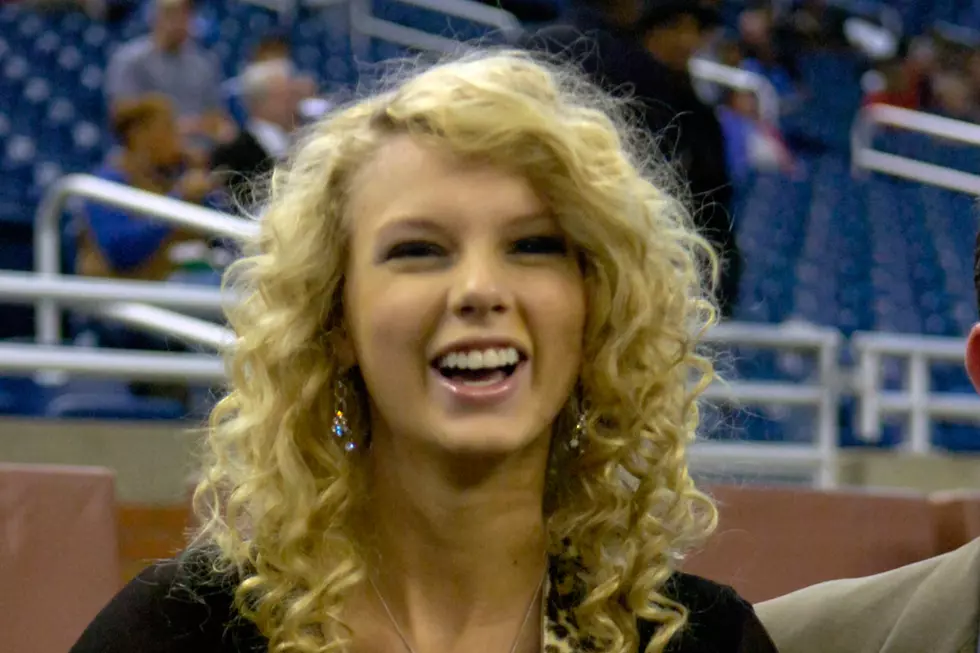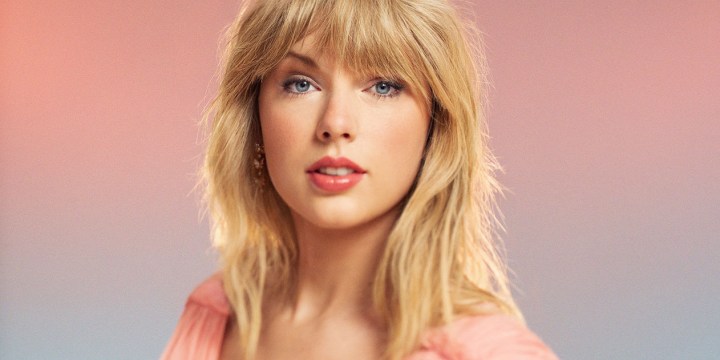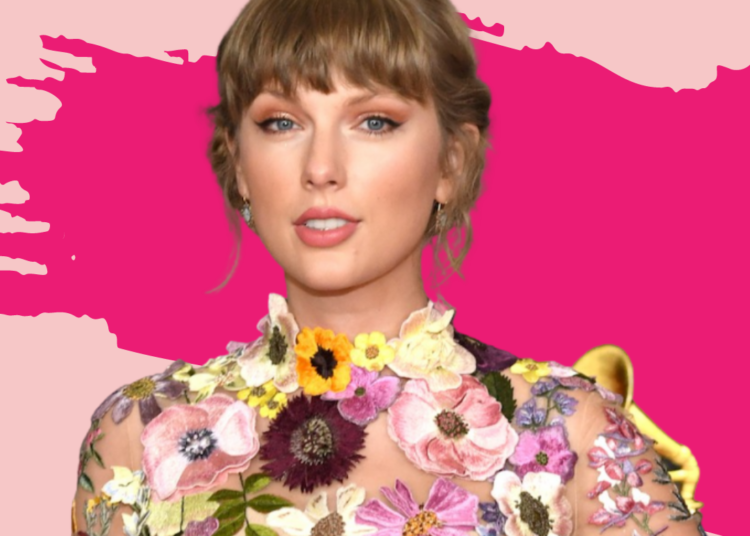Picture this, the year is 2012; ‘We are never getting back together’ is playing on the radio, galaxy print leggings are the height of fashion, moustache prints are on EVERYTHING, and dragging other women down is the main source of humour and memes on the internet. This was a time before feminism was cool. A time when “pick me” girls could run rife without fear of being labelled as such, because lucky for them, the term was a good several years away from being invented.
It was also a time compromising the intricate components of orange whipped mousse foundation, peplum tops (which were not only socially acceptable, but rather lusted after by young women everywhere) and Snapchat. So not just a bad time for feminism but also a pretty bad time for the world.

This is where it all began, or at least where I witnessed it all begin. 12-year-old me was a huge Taylor Swift fan (more like 110% now) but it seemed everyone else I knew was NOT. Even radio hosts made fun of her. Not only did she become a national lightning rod for slut shaming (as she herself put it in one interview) but she was ridiculed for EVERYTHING she did. Her face when she found out she had won awards? “Stupid”. Her dancing at awards shows? “Cringey”. Her nice persona and appreciation for her fans? “Fake”. Her reluctance to take part in more “risky” photoshoots? “Prude”. Of course, flash-forward to “Kanyegate” 2016 and things got MUCH worse. But this blatant sexism was perpetuated right from the beginning of her career.

This woman dated just like any other teenager and twenty-something year old. The only difference was, she did it under the watchful and unforgiving gaze of the whole world. And wrote songs about it, which she received endless scrutiny for. But let’s think of some other men who wrote songs about their relationships, dated lots of people and were celebrated for doing so. Who comes to mind? only every male artist, rapper, and boyband member ever. It’s the most boring, age-old example of double societal standard, and yet still one of the most relevant ones.
Then came, Swift’s own discovery and embracement of feminism, which began to flourish in the press tours of 2014 as she promoted her record-breaking debut into pop, 1989. She refused to answer personal questions, called out sexist interviewers and spoke openly about sexism and double standards in the music industry. And the media dragged her for it. She was “too angry”, apparently. You definitely have heard about Taylor Swift’s infamous squad, and chances are you probably made fun of it. Why did everyone hate the goddamn squad? It was a group of successful women celebrating each other and hanging out. Power threatens the fragile masculinity that is embedded in all of us, it seems. Despite the only drama in Swift’s career being her standing up for herself, the internet still hated her. Artists who had committed literal crimes were more tolerated than her.
In 2017, Taylor went through a very public, very commented on, sexual assault case. The trial involved David Mueller, a former DJ and radio personality, who filed for defamation against her. Essentially, he got fired after she reported to his bosses that he reached underneath her skirt and groped her during a photo at a backstage press opportunity on her Red Tour. So he sued her for $3 million. She countersued him for $1. A dollar that would very quickly become hugely significant. After she won the case, she said in a statement her reason for countersuing was to empower others, and also pledged to donate to organisations that help fund legal costs of sexual assault victims. A year later speaking on stage, Swift said something that really made sense: “ I guess I just think about all the people that weren’t believed and the people who are afraid to speak up because they think they won’t be believed“
”And I just wanted to say that I’m sorry to anyone who ever wasn’t believed because I don’t know what turn my life would take if people didn’t believe me when I said that something had happened to me.”
It was a stark and honest statement and acknowledgement of her privilege, and an observant on how truly fucked up the justice system can be when it comes to reporting sexual offences. And yet according to so many media outlets and what seemed like half of my twitter feed who accused her of “playing the victim”.
Around the time all of this was happening, Taylor Swift also had her political awakening. For a woman who used to stay clear of politics and controversy, she very quickly became someone who Donald Trump worried about. Her 174 million Instagram followers witnessed the birth of an activist as she began to come out of the political closet and speak up on issues that mattered to her, from the mid-term elections to LGBTQ+ rights. And shock-horror, it was not received well. She was told to stay out of politics and stick to singing. By a LOT of people. I guess you really are damned if you do speak up and damned if you don’t. Before she even spoke up about politics, she was criticised for staying silent.

In 2012, Taylor told Time magazine: “I don’t think that I know enough yet in life to be telling people who to vote for”. So she waited. Learned. Educated herself, and figured out just what to tell the millions of people who hang on her every word and gave a middle finger to the ones who told her to shut up.
And finally, the infamous battle of the master. Although master recordings symbolise the height of ownership on the commercial side of things (using a song in a film, for example). Swift decided to reclaim her work by choosing to re-record all of her old beloved music, which transcended the chase of profit. Rather, it highlights some real issues in the music industry, and acts almost as a warning to new artists for the “things to watch out for” in the trade.
This is not the first time Swift has literally tackled the music industry head on. Unless you’ve been living under a rock or have no interest in any kind of music, you’ve probably heard about the time Taylor Swift wrote a letter to Apple Music and basically told them to, pay artists or “I’ll pull my music from your streaming service”. And of course her formidable words worked.
Taylor Swift is one of the most powerful people in the music industry, and yet she continues to be a subject of what is so clearly, sexism. Everything she has been criticised for, would not be an issue if she was a man. If you’ve ever made fun of Taylor Swift for any of the things I’ve mentioned in this article, I’m sorry to say this but it’s probably because of some deep-rooted misogyny, which you can thank society for. And for that, we all owe the Queen of feminism, Taylor Swift a heartfelt apology.















